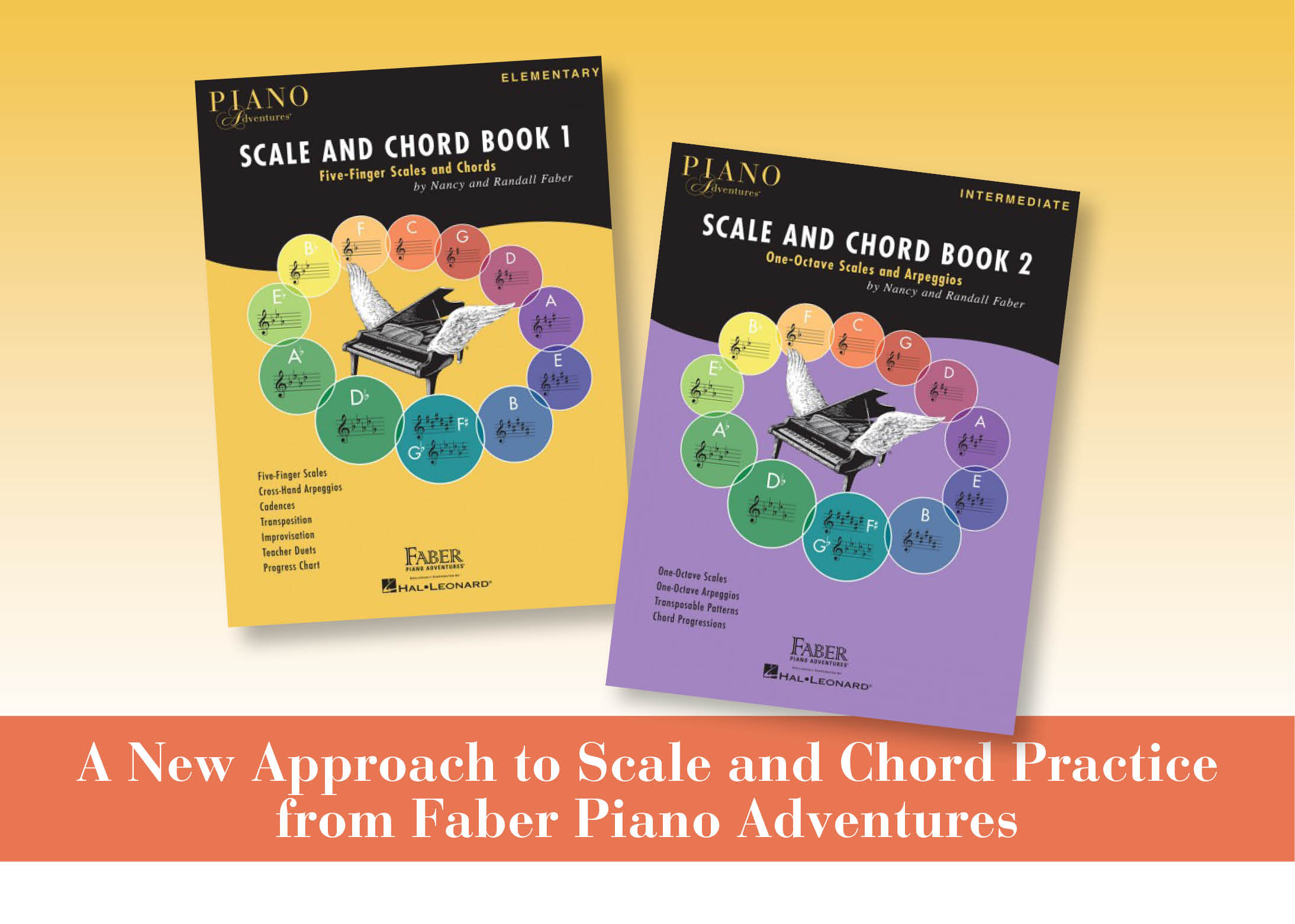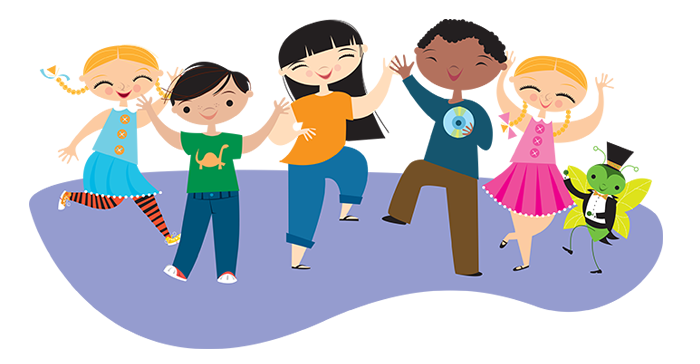Theory Book, Level 1, Pg. 4, Ferris Wheel In this video, Nancy Faber and Charlotte create an exciting Ferris Wheel Ride duet. Charlotte must listen for tempo changes as she improvises in this activity that incorporates both ear-training and improvisation.
Blog

Written by Randall Faber and Mary Kathryn Archuleta If you are a piano teacher, you have likely considered opening your studio, and your heart, to the 1 in 150 children diagnosed with an autistic-spectrum disorder or other impairment. Music lessons provide the structural regularity that children with special needs require.…
Read more →

3-D Gesture and Precision Pattern Recognition Reveal a Unique Path to Musical Proficiency Ann Arbor, MI – July 12, 2016 – With the new Piano Adventures Scale and Chord Books 1 and 2, Nancy and Randall Faber directly address the obsolete tradition of mindless drilling and instead encourage a lucid grasp…
Read more →

If you’ve taught many adult piano students, you’ve probably made many friends. We don’t teach to make friends and, indeed, the relationship begins as a business transaction. Yet, time and again, personal relationships develop—often with more significance than our client’s developing musical skill! These friendships surprise both teacher and student.…
Read more →

Randall Faber’s Three Characters Ventures Beyond the Piano to Explore Collaborative Music and Nurture Ensemble Musicianship Ann Arbor, MI — March 31, 2016 – The world premiere of Three Characters, a trio composed by Randall Faber for violin, viola and piano, and commissioned by the Music Teachers National Association (MTNA), will be…
Read more →

Randall Faber to reveal enlightened techniques for performing collaborative music, learning with audio visual support and employing app technology at 2016 MTNA Conference Ann Arbor, MI, March 15, 2016 – Randall Faber, co-author of the world’s leading piano pedagogy method, invites you to embark on a truly original journey with…
Read more →

As piano teachers, we’re quite adept at bridging our adult world to that of the typical seven- or eight-year-old beginner. It requires only modest effort because most 1st and 2nd grade students also try to bridge their world to ours. The attempt to “bridge worlds” is two-way, so teaching and…
Read more →

There is much to share with our beginning students. With limited lesson time, how do we maximize our results? Fortunately, the Primer Level presents three elements of pedagogy that have exponential value when taught in combination: introducing new notes with varied fingerings to develop note-reading skill utilizing arm weight for…
Read more →

An essential concept of Level 1 is beginning articulation, specifically legato and staccato. These terms are so familiar to us as music teachers that we might overlook the importance of these touches in developing technique and musical expression. Perhaps you have noticed that there are no articulation marks at the…
Read more →

Pattern Recognition Why are five-finger positions a necessary part of piano pedagogy? Because our hands have five fingers. So the relevance of five-finger patterns applies at virtually any level of piano playing. Major and minor five-finger patterns are taught in Level 2A of Piano Adventures®—after the basics of reading are…
Read more →


